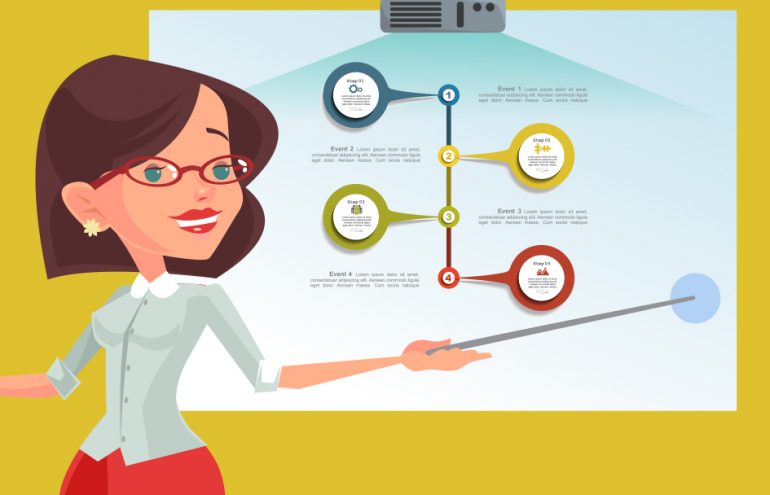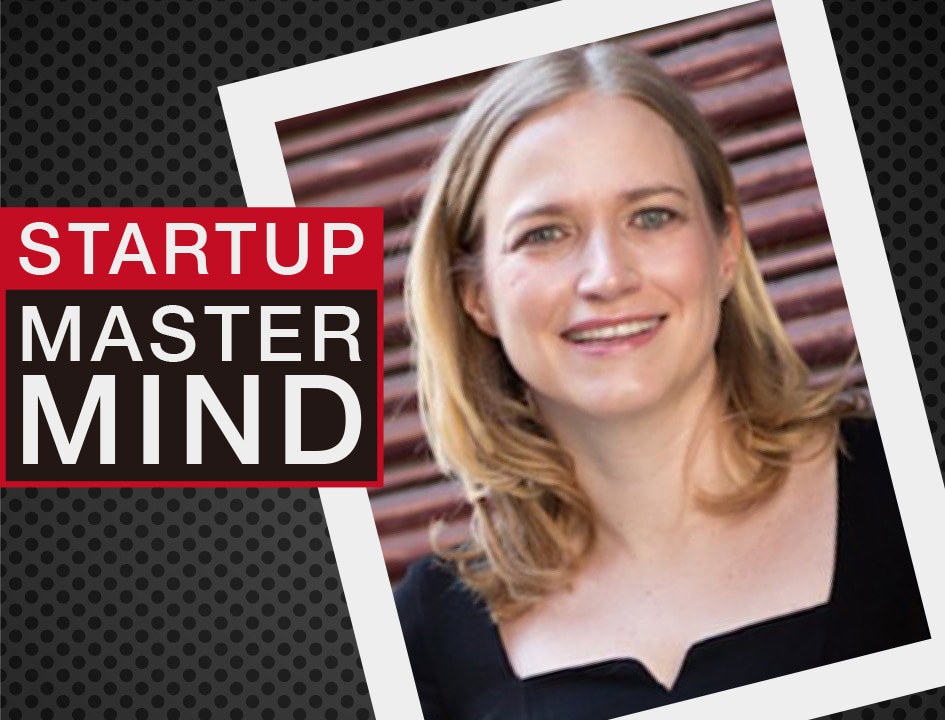
Corporate clients are increasingly savvy about performance metrics — often more so than the lawyers whose work product is being measured. Many lawyers are unaware of the categories and parameters clients are using to evaluate them. And unless you have a particularly candid relationship with your client, you are likely in the dark about how your firm compares to counsel your client may retain in other jurisdictions. Here are common performance metrics categories clients use to analyze attorney efficiency and effectiveness — and ways you can self-audit.
May 2, 2017 0 2
Last month’s United Airlines overbooking debacle and the subsequent PR disaster and brand implosion has me thinking of the value of communicating clearly. There’s much to be critical of in United’s behavior and initial poorly worded erstwhile apology. But what struck me most was its use of the word “reaccommodate.” As reported in Time magazine, Merriam-Webster noted that searches for “volunteer” jumped about 1,900 percent following the incident. But searches for the more rarely encountered “reaccommodate” spiked by 80,000 percent. Time speculated the word might become the Euphemism of the Year.
May 1, 2017 0 0
How can you get the most from Microsoft Office 365's new features? Curious about all the new apps and add-ins popping up in the Office Store? For this edition of Tech Tips Friday, practice management technology experts Heidi Alexander, Tom Lambotte and Catherine Sanders Reach share their best productivity tips and favorite add-ins for working smarter in the cloud.
Originally published April 28, 2017There was a time not that long ago when I counseled lawyers not to spend too much time writing and publishing articles. Back then, they were largely passive, short-lived marketing efforts. Today, however, as clients conduct their own internet research to find legal counsel, having substantive content available for prospective clients to find is invaluable — if you do it right. There are entire books about writing effectively. But when writing for marketing purposes, here are some key points to keep in mind.
Originally published April 27, 2017
A law student is working on a direct examination during a trial skills program. She is practicing her presentation — how she stands, gestures and speaks. Each time through the examination, she asks exactly the same questions, with identical intonation. She has memorized this part of the trial, so we stop and talk about that. Why […]
April 24, 2017 0 0
Jamie Spannhake | Here are five ways to spring clean your personal and professional life.
Originally published April 21, 2017
If not now … The impulse to rethink her career hit sixth-year litigator Alma Asay just as she was about to embark on the Biglaw partnership track. Looking around, she realized she wanted to fix an issue that hits litigators who handle large-scale litigation. "I had the idea that there had to be a better way to work, and was fortunate enough to meet engineers who are not only talented enough to build the program but who also have the patience to sit with me and whiteboard things out." Today, the founder of Allegory Law, Inc. continues to build her business as she travels the globe, sharing insights on automating everyday legal tasks.
Originally published April 20, 2017
There is an old folk story that makes a fine metaphor for client development. In the tale, hungry strangers (read: the law firm client team) facilitate the people of a town (the team’s clients) giving them food (solving a problem and getting paid for doing so). The story is usually offered as a lesson in […]
April 19, 2017 0 0
If you still have 496 business cards in the original box of 500 you received when you began practicing, it’s time for a few pointers.
Originally published April 17, 2017
If you’re a solo practitioner or in a small law firm, you are likely a slave to your smartphone, making sure clients can always reach you. As the managing partner at a small firm, I found it increasingly difficult to keep up with my clients' demands as my practice grew. Many weekends I spent more time on my phone talking and emailing with clients than I spent enjoying my "free" time. I decided I needed to cut down on the after-hours and weekend communications.
Originally published April 14, 2017